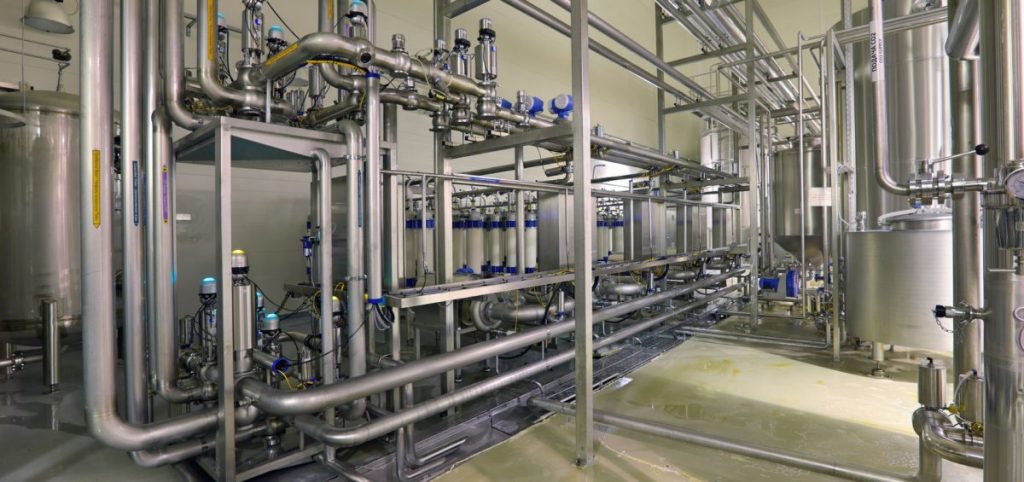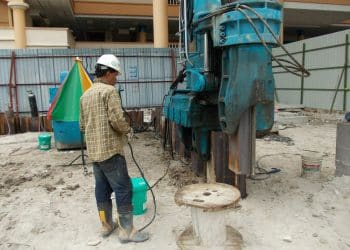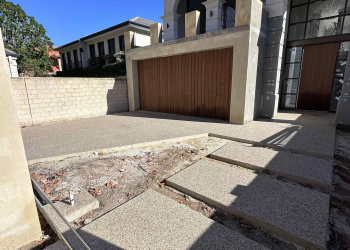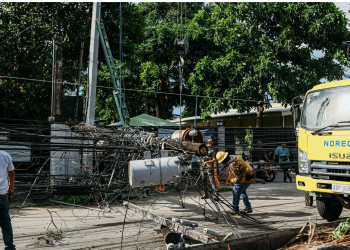When your product or industry needs metal hose or tubing, you know that if it is not made correctly that it can lead to failure. Getting high-quality flexible hose and tubing – possibly including whole assemblies – enables you and your customers to place confidence in your products and company.

Aero-flex makes quality flexible tubing for a wide variety of high-tech industries, including the aerospace industry. They know how to meet your demands and specifications when it comes to metals needed, connectors, finishing ends, and more. Each component can also be tested with a wide variety of testing methods as needed.
The Hose Types
Hoses are made for different purposes and operating temperatures. Each one must be designed with that purpose in mind, along with temperature and pressure considerations. The substances that the hoses will be used to transport also need to be known in advance because some substances should not be used in flexible hoses.
Stainless steel hoses are made with corrugated and braided stainless steel. Being that they are made of steel enables them to be flexible and able to be used with high and very low temperatures, ranging from -300 to 1,200℉. The maximum allowable working pressure (MAWP) is going to change when higher temperatures are used. They can be used with high-temperature air and also with steam, as well as with pressures that range from 530 psi up to 2,500 psi.
Substances
In addition to high pressure and temperature air and steam, our hoses are perfect for the transport of many substances. They can also be used for the transfer of carbon dioxide, isopropyl alcohol, ethanol, liquid propane, mineral oil, mineral spirits, toluene, liquid ammonia, acetone, and vegetable oil.
The core of our flexible metal hoses is made of 321SS metal. This means it has some titanium mixed with it to make it more non-corrosive. The outer layer is made of a single layer of braided steel mesh but a second layer can be added for even higher pressures. These hoses help to reduce the damage that may be caused by vibration.
Unique Manufacturing Process
When many companies that make flexible hoses make theirs, they often aim to manufacture them as low-cost as possible. This usually means that there will be two problems.
The first one is that the way most of our competitors make the hose means that it will fail sooner. The difference in the wall thickness of the tube means that it will result in a poorer weld. The failure rate is more likely to occur sooner when higher pressure levels are used. Our manufacturing process is different, using wall thicknesses that are much closer to each other, enabling a better and stronger weld.
The second problem that occurs because of the way our competitors make their hoses is that the welds are not properly treated or cleaned to help ensure longevity. Because it leaves some of the acid in the weld, it will rust sooner – possibly within hours or days. Since there are no specific codes for welds in flexible hoses, it is up to the manufacturer to decide how it will be welded together.
Aero-flex uses a process that pickles the welds to remove the acid and carbon as it cools. The hoses are cleaned more than once during the manufacturing process. This prevents the welds from rusting and helps to keep your flexible hose intact much longer. When flexible hoses fail, it is usually at the weld.
Another step in the way that the hoses at Aero-flex are made also helps to ensure that they last longer. The wall of the end fitting is thinned out so that it provides full penetration. This removes the problem of the weak point where many flexible metal hoses fail.
Types of Hoses
A flexible metal hose needs to be selected for a specific purpose. They are constructed with different purposes in mind and they should not be substituted for other types. They are custom-made for a select purpose, which may include temperature extremes, compatibility with specific chemicals, the abrasiveness of materials, permeation, vacuum, fire safety, and to reduce high vibration. In order to make them suitable for each purpose, different metals may be required, along with specific fittings on the ends.
- Hoses are made for a variety of purposes, and you can select from a variety of sizes. Hose sizes range from a 1/2” inside diameter (ID) to an 8” ID.
- Steam Hose – ranges in size from 1/4″ ID up to 2″ ID. They are made to be able to withstand high temperatures and pressures ranging from 530 psi to 2,500 psi.
- Air Hose – it has the same capabilities as the above hose.
- Weld Neck Flange – our end fittings fit on our hoses that range from 1/2″ ID up to 8″ ID. They are capable of handling pressures ranging from 180 psi up to 275 psi.
Special Alloys
Flexible metal hoses are often made with different grades of stainless steel, including 321ss or 316ss, and the braids are often made of 304ss. These metals are ideal for many applications because they resist corrosion and are excellent when you need high levels of purity. For some applications, you may need your flexible metal hose to be made of special alloys that can resist corrosion from certain types of chemicals, high pressure, or heat. Any alloy can be obtained to make the custom hoses you need.
End Fittings
Each of our hoses is fitted with specific ends to meet your needs. The need will determine the metal, as well as the substance you are transporting through it.
Vibration Reduction
Flexible metal hoses with steel braiding help to reduce vibration damage. This can help to extend the life of your machinery.







